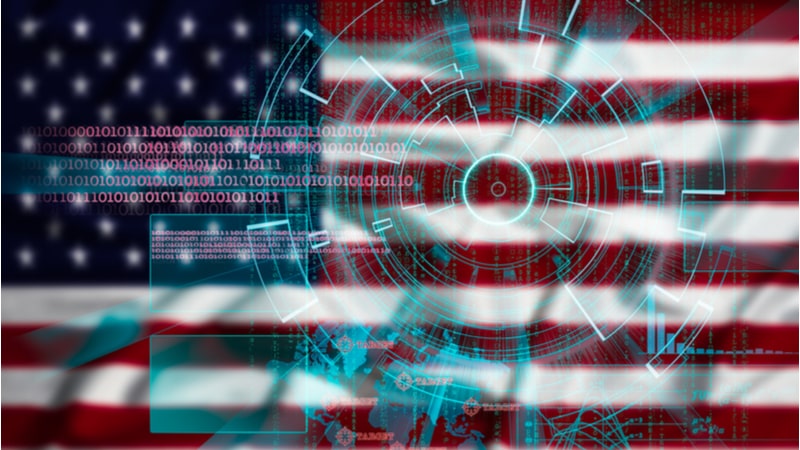
Sen. Gary Peters, D-Mich., introduced two bills – the Continuity of Economy Act of 2020 and the National Guard Cyber Interoperability Act of 2020 – with the goal of bolstering the United States’ cyber defenses.
Peters, who is the ranking member of the Homeland Security and Governmental Affairs Committee, introduced the legislation on June 12.
In a statement, Peters explained that the Continuity of Economy Act of 2020 would direct the president to “develop a plan to ensure essential functions of the economy are able to continue operating in the event of a cyberattack.” It is based on a recent recommendation from the Cyber Solarium Commission to incorporate continuity operations in the event of a cyberattack, as well as other significant events – such as the COVID-19 pandemic – that impact the economy.
The National Guard Cyber Interoperability Act of 2020 would focus on enabling the National Guard to provide remote cybersecurity support and technical assistance to help states respond to cyber incidents.
“Cyberattacks are one of the greatest threats to our national security and the United States is not sufficiently prepared to defend itself in cyberspace or recover from a significant cyber disruption,” said Peters. “Our adversaries like China, Russia, and Iran are constantly probing our critical infrastructure and government systems to identify weaknesses that could be exploited in the event of a conflict. These bills will help prepare our country to defend against and recover from serious attacks on our critical infrastructure – including our financial institutions, transportation infrastructure, and healthcare facilities – that could cause severe disruption to our daily lives.”
Under the Continuity of Economy Act of 2020, the White House would work with other Federal agencies and the private sector to develop and implement its strategy to ensure the continuous operation of critical functions of the economy in the event of a significant cyber disruption. More specifically, the legislation would determine which public and private sector entities are “integral to the national economy,” and then establish a framework for “rapidly restarting and recovering core functions in a crisis, identify areas for independent investments in resilience, and expand public awareness efforts to prepare for the possibility of such an event.”
The National Guard Cyber Interoperability Act of 2020, would instruct the Secretaries of the Army, Air Force, and Homeland Security to develop pilot programs for the National Guard to provide remote cybersecurity support and technical assistance to states and local governments responding to cyber incidents.
